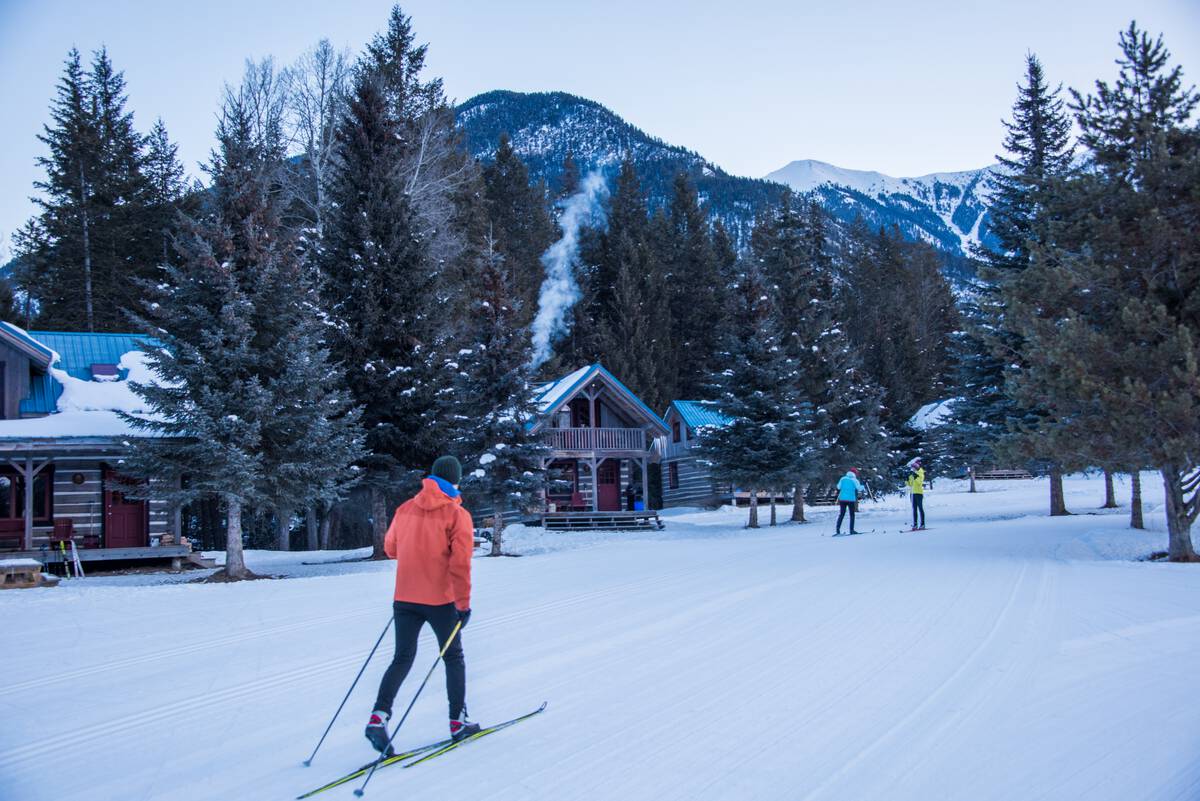
Seeking travel inspiration for the coming year? British Columbia’s tourism industry is embracing global trends with noteworthy experiences, promising plenty of adventure in 2023. Previously we shared how to explore culinary and wellness travel trends in BC in the coming year. Next up, it’s sustainable travel!
Trend: Sustainability
Climate action makes good business sense for the tourism industry, and a growing number of BC businesses are taking steps to be part of the solution. Tourism is vulnerable to climate change in many ways. Shifting weather patterns can influence where visitors choose to spend their travel time and dollars; at the same time, the industry is a contributor to greenhouse gas (GHG) emissions.For tourism businesses, climate change is a risk to the bottom line. Smoky skies discourage tourism, warmer winters pose a challenge to snow sports, and rising seas threaten coastal infrastructure. Keep reading for a sample of BC tourism businesses that are taking a stand against climate change.
Nipika Mountain Resort | Destination BC/Kari Medig
Eco-friendly Accommodations
- The Fernie Fox Hotel in Fernie aims to become the most sustainable hotel in BC. There are several ways the property is reaching its goal: Using “The Cyclone,” the most efficient hot water heater on the market; actively contributing to local community development projects; and incorporating environmental education into employee training. The Fernie Fox is also the only hotel in BC powered by solar energy. Read more about the hotel’s sustainability initiatives here.
- Nipika Mountain Resort in Radium Hot Springs , an off-grid property that uses clean energy sources, helps guests explore its spectacular surroundings in non-consumptive ways. The resort focuses on self-propelled activities; once parked, guests are encouraged to hike, bike, canoe, trail run, or ski. Nipika’s electricity is generated via renewable, clean energy supported by a state-of-the-art solar panel system that can harness up to 15 kilowatts. Plus, all its facilities are built using salvaged dead wood, with logging completed selectively to preserve and enhance wildlife spaces. Learn about Nipika’s eco-friendly attributes here.
- The Parkside Hotel and Spa in Victoria holds distinction as the first urban hotel in the world to join Beyond Green, a portfolio of global guest experiences focused on intentional travel. The hotel is climate positive, saving more GHG emissions than it generates, and is Biosphere Certified. It also holds an impressive collection of sustainability certifications, and is guided by a general manager who teaches the theory of sustainability at Royal Roads University. Read about the Parkside Hotel and Spa’s green attributes here.
Electric Vehicle Charging Station at the Rogers Pass Discovery Centre | Kootenay Rockies Tourism/ Kari Medig
Greener Journeys
- The Kootenay Rockies is the first region in Canada to implement a community-driven strategy to build a clean transportation network in a rural setting. Part of the strategy includes an electric vehicle (EV) charging network with detailed itineraries, routes, and charging station locations shared on the Kootenay Rockies website . Many charging stations are strategically located near shops, attractions, and restaurants to help showcase Kootenay businesses while offering visitors a more sustainable way to explore the area.
- Education on and off the water is essential to ocean conservation. That’s why Eagle Wing Tours, based in Victoria, was presented with the 2022 Marine Education Award – Outstanding Organization by the National Marine Educators Association. The tour operator builds awareness through the guest experience, an innovative “floating classroom” school program, and several community outreach activities. The carbon-neutral company is the first whale-watching company in Canada to be certified Platinum with GreenStep Sustainable Tourism, and is a member of 1% for the Planet.
A doe navigates the vines of a vineyard | Thompson Okanagan/Darren Robinson
Sustainable Sips
- BC’s vineyards are embracing sustainable and biodynamic winemaking, with spectacular settings and luscious vino adding to the region’s allure. Summerhill Pyramid Winery in Kelowna is committed to producing 100 per cent organic wine, incorporating practices such as biodynamic agriculture, permaculture, and organic viticulture that have inspired fellow wineries across the region. Sustainably sourced organic fare headlines the menu at the onsite bistro, which offers surrounding lake and vineyard views.
- Monte Creek Ranch in the Thompson Valley has earned a slew of eco certifications, with every aspect of the farm scrutinized to determine how sustainability can be improved. Practices include all-natural honey sourced from resident honeybees, replacing plastic bags with paper alternatives, and the implementation of chicken tractors—a mobile chicken coop that is wheeled across the vineyard, providing chickens with constant access to fresh food as they fertilize the soil and help control pests.
- At Kalala Organic Estate Winery in West Kelowna, growing grapes with minimal interference is part of the family heritage; owner Karnail Sidhu was inspired by his grandparents’ story of a village in India that embraced harmony between all living things. Today, the vineyard boasts one of the largest portfolios of organic Icewines in BC.
Downtown Revelstoke | Destination BC/Nolan Gale
Regional Stewardship
- Tourism Revelstoke has introduced Sustain the Stoke, a sustainability program that makes significant moves to reduce emissions in Revelstoke. The initiative demonstrates ways people can travel responsibly throughout the region, including respecting wildlife and shopping local; there’s even a “Green Weekend” itinerary.
- The Thompson Okanagan has introduced a Biosphere Commitment Program—an extension of Thompson Okanagan Tourism Association’s Biosphere Gold Destination Certification—supporting businesses and community organizations that offer sustainable choices to all the stakeholders of the region. Currently, there are 84 Biosphere Committed businesses working to complete social responsibility and sustainability within their business practices.
- It’s been a year since Átl’ka7tsem/Howe Sound—an area near Vancouver known for its rich Indigenous culture, biodiversity, and distinct geography—was named Canada’s 19th UNESCO Biosphere Region. The 218,723-hectare area is home to scientific research, place-based learning and educational programs, as well as wildlife, wilderness, and nature-based recreational activities. Since then, the region has produced milestone conservation projects, academic partnerships, and a new ambassador program. Read its year in review summary here.

